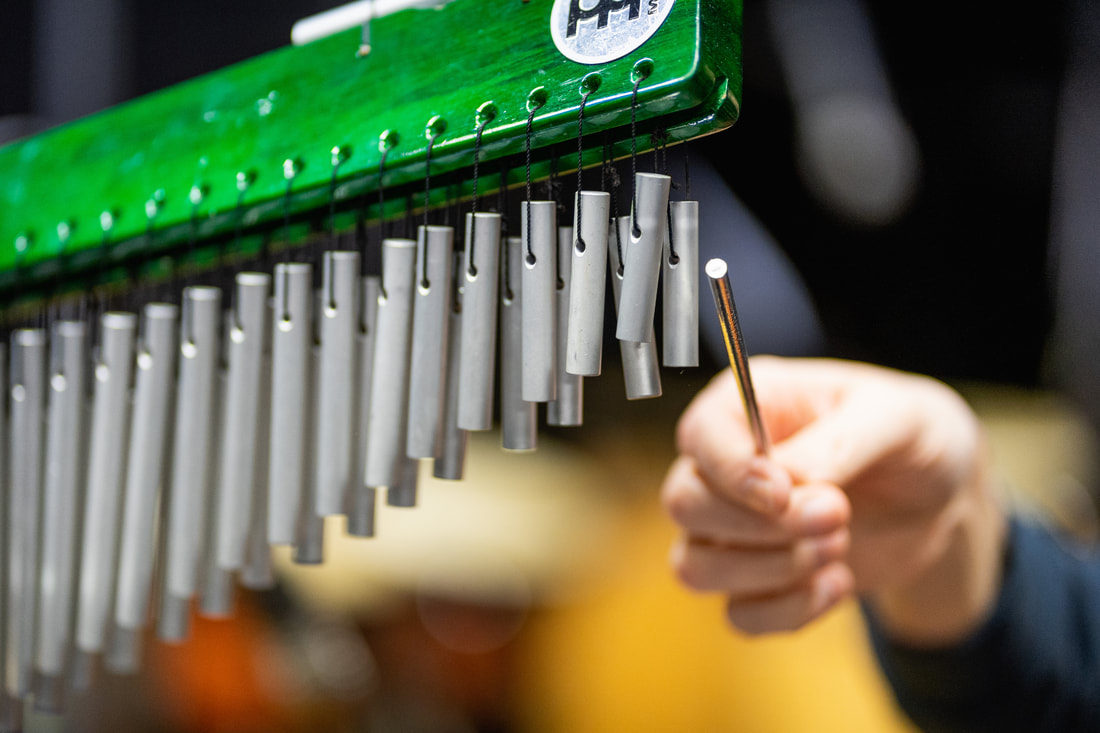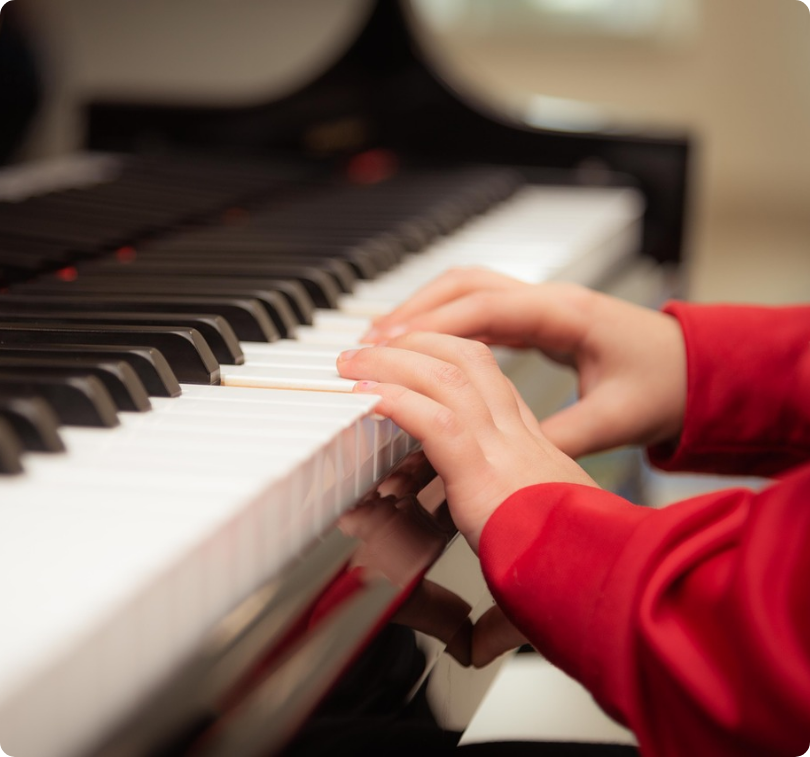Theme 3: Equitable music education is facilitated by suitable structures and resources
Equitable music education requires effective structures and adequate resources. Education providers, policy-makers and the music education community work together to develop education in a coordinated and goal-oriented way. This cooperation will increase effectiveness, improve the use of resources and support accessibility at all levels of education and across the country.
Areas of the theme
Actors in the field of music education work together as a unified team
Education providers and policy-makers work together to develop music education

“
Finnish music education is developed regionally and nationally through consistent, goal-oriented cooperation at all levels of education.
Proposals for action
Actors in the field of music education work together as a unified team
Finnish music education is developed regionally and nationally through consistent, goal-oriented cooperation at all levels of education.
Cooperation reinforces the societal effectiveness and presence of the actors, which is particularly important in circumstances where society faces changes that are challenging.
Proposals for action
21. Music education providers and music organisations shall set up a joint steering group to coordinate and develop efforts based on the Finnish Music Education Vision 2030.
22. Joint forums and annual seminars for actors shall be promoted and leveraged towards attainment of the vision goals.
Education providers and policy-makers work together to develop music education
Regional and national cooperation is pursued to develop cost-effective use of resources and enhance existing structures to improve the quality and accessibility of music education.
Cooperation is about nurturing best practices, revising operating models and dismantling structures that are not fit for purpose. The interaction between comparable educational institutions, between educational levels and between education and working life in the field is rich and innovative.
Proposals for action
23. Music education actors shall jointly participate in the development and evaluation of systemic structures.
24. Decision-makers shall familiarise themselves with information produced by the music education system and engage in dialogue with music education experts in respect of development needs and the appropriate use of resources.
25. Music education actors shall share their expertise without prejudice, both locally and regionally. Cooperation and job duties that transcend sectoral boundaries shall be devised as needed between bodies such as music institutions that serve as regional culture centres, other arts education institutions, schools, parishes, assisted living services and libraries.

Kohti kestävää tulevaisuutta
Musiikkikoulutus luo ekologisesti, sosiaalisesti ja kulttuurisesti kestävää tulevaisuutta. Oppimis- ja työympäristön turvallisuus ja jokaista yksilöä arvostava käytös ovat koulutuksen perusarvoja. Ihmisoikeuksien, tasa-arvon ja yhdenvertaisuuden kunnioittaminen ohjaavat koko musiikkikoulutuskentän toimintaa.

Teemaan liittyviä kirjoituksia
No posts found.
Tule mukaan
Musiikkikoulutuksen tulevaisuus luodaan nyt



